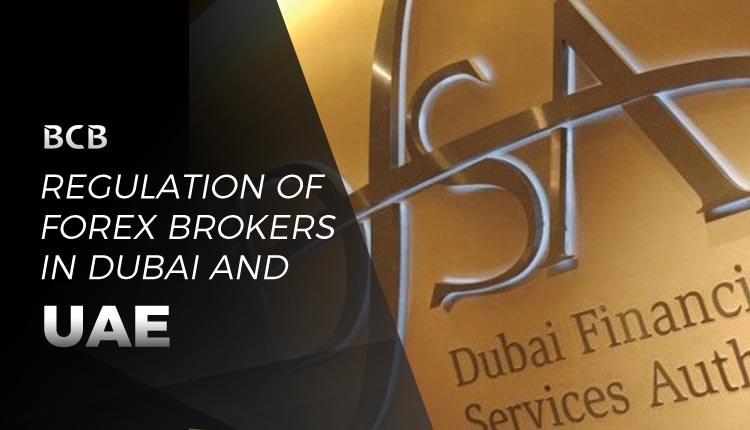Introduction to Forex Regulation and Broker in UAE
Dubai has a number of international and local forex brokers. In essence, the local forex brokerages are monitored as well as regulated by the CBUAE or the Central Bank of the United Arab Emirates. Apart from this, the DFSA which stands for the Dubai Financial Services Authority, as well as the SCA, which stands for Securities and Commodities Authority, also supervise forex brokers in Dubai and the UAE. However, the issuing of forex brokerage licenses is carried out by the SCA. Apart from this, the DFSA is also responsible for the monitoring and regulating the brokers in Dubai. In this article, we discover more about the forex regulation and situation in Dubai and UAE.
Why Choose a Forex Broker in Dubai
If you are trading with one of the forex brokers in Dubai, then it is crucial that you trade with a brokerage that is duly regulated by a reputed body or authority in the Middle East. As far as Dubai is concerned, the country has several forex brokerages that allow traders to set up their Islamic trading accounts with absolutely no overnight swap fee. One of the major reasons why traders use local forex brokers in Dubai is that they have easier access to legal recourse in case the forex broker fails to provide adequate services.
Central Bank of UAE and Forex Regulations
A number of traders in the UAE, especially in Dubai participate in forex trading to take advantage of foreign exchange rate fluctuations. As a result, forex brokerages from around the world have also set up their regional offices in Dubai. Dubai is considered the financial capital of the Middle East. Hence, if you are considering opening an account with one of the forex brokers in Dubai and UAE, then you must determine whether the brokerage that you are planning to open an account with is licensed and regulated or not. This is exactly where the CB UAE comes into the picture. The Central Bank of UAE ensures that the registered brokers adhere to the law as well as abide by their regulations.
The CB of UAE together with the Securities and Commodities Authority issues a license to a broker only when the company fulfils specific pre-requisites. Like most regulators, the primary requirements are both financial and fitness. The minimum capital requirement is in the range of between 1 to 3 million Dirhams. This varies based on the scope of services provided by the broker. With regards to fitness, the UAE regulator requires 60% of the company to be owned by a UAE citizen or company. Usually, domestic companies in the UAE require just 51% to be owned by a UAE national.
This clearly implies that the regulated forex brokers in Dubai and the UAE are duly scrutinized so as to ensure that they offer appropriate services to traders in the region. While international, non-resident forex brokers are allowed to establish their presence in Dubai, they must have a local or domestic representative in the UAE. They will need to register and gain approval from the DFSA. Once again, one of the main requirements is to possess sufficient cash in hand to operate in Dubai.
The Role of the SCA in Dubai
The SCA plays a major role in the licensing and monitoring process. The body is responsible for ensuring that the registered brokers in Dubai and UAE comply with the laws and offer fair and transparent services. With assistance from the CB UAE, the Securities and Commodity Authority ensures that relevant information/data is accessible to all the traders in UAE. This entails details regarding licenses and current or past problems that a particular forex broker in UAE may have.
Start Trading Forex in Dubai
You should always do the necessary research before depositing with a forex broker. One suggestion we can offer is reviewing brokers like Axiory or Pepperstone which both have representative offices in Dubai.



Comments are closed.